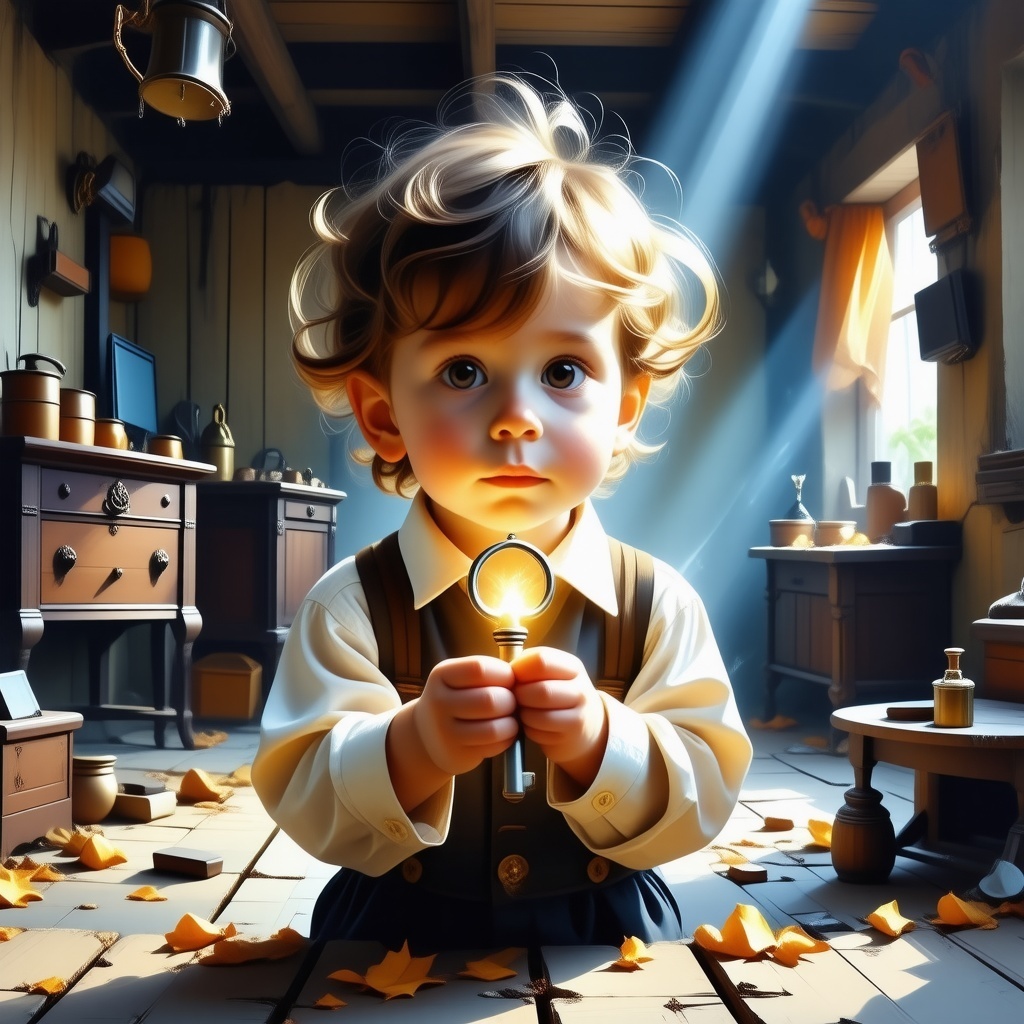I was born into a family stitched together by blood and ripped apart by pride.
My father’s relatives carried themselves like royalty. Their words were silk-wrapped swords, their presence a declaration: We are better. Even when they smiled, it felt like being measured. As a child, I didn’t understand why they kept a certain distance—as if our presence tarnished their golden image. We lived under the illusion of family while they danced in the spotlight, choosing who was visible and who was erased.
And we? We were erased.
They laughed louder, traveled more, flaunted power, wore confidence like perfume. But we were always “less”—less important, less wealthy, less worthy.
It wasn’t just emotional. It was deliberate.
In 2008, we traveled to Thailand as a family. We had scraped together savings for the trip—just for a taste of freedom, for a few days of joy. We smiled in front of temples, marveled at floating markets, and took photographs to freeze that fleeting happiness.
Then, years later, I came across photos online.
There they were—my father’s relatives—posed at the very same temples. The same week. The same places. The same time.
But not a single word to us. No “Are you here too?” No smile, no shared tuk-tuk ride, no passing wave. They had known. They knew we were there. But we were nothing to them.
And in that moment, I realized: they didn’t want to see us. They wanted us to disappear.
It continued. The weddings became another stage for their cruelty.
Some invitations arrived too late, some never came. We would only find out through Facebook photos—months after. Her in designer silk. Him grinning beside her. Guests in embroidered shawls. Hashtags like #FamilyFirst and #Blessed—while we sat miles away, not even in the conversation.
And when we were invited, it was out of obligation, not inclusion.
I remember wrapping a shawl and a handwoven bracelet as a wedding gift once. I carried it like hope. But when I arrived, I was barely acknowledged. My gift was tossed aside on a table among unopened ones. They didn’t even unwrap it.
No thank-you. No warmth.
That’s when I stopped calling them relatives. I started calling them what they were: people I had been born into, but not bonded to.
They worshipped symbols of power—especially cars. It wasn’t about getting from place to place. It was about being ahead. Faster. Flashier.
One of them, a woman I knew too well, drove a silver Lexus like it was a crown. Every time she saw me on the road, it became a personal war. She’d flash her headlights furiously, commanding me to move to the next lane—even when the lane was full. Her presence behind me was always aggressive, entitled.
She couldn’t stand me being in front of her.
Once, I stood my ground. Not out of pride—but because the other lane was packed. She honked and tailgated, swerving past me as if I were an insect. I whispered then, “Crazy witch.”
But that wasn’t just a whisper.
As I grew older, the puzzle pieces began to lock into place.
Strange things happened after every interaction with them. Unexpected health issues. Sudden backstabs. Money slipping away. Plans falling apart. People would whisper about “bad luck,” but I knew it was more than coincidence.
I heard the stories.
From an aunt who saw them visit practitioners. From a cousin who found objects buried near her doorstep. From a priest who told my mother, "You are being spiritually attacked. Protect your house."
They had gone to black magic for power. Not metaphorical. Literal.
Their envy was weaponized. Their pride, ritualized.
In secret, they offered pieces of their own family to gain fortune. They believed in exchange. In sacrifice. In casting darkness over others so their light would shine brighter.
They didn’t just want to win.
They wanted us to lose.
Our laughter. Our stability. Our peace.
They didn’t just use black magic—they also mastered silent sabotage.
They’d communicate through looks, expressions, and even telepathy—at least, that’s what they believed. Subtle signals at family gatherings. Arrogant eye-rolls. Whispered judgments passed with no words.
They presented themselves as the chosen ones—blessed with beauty, brains, and wealth. And they passed this delusion from generation to generation, ensuring the poorer side of the family—us—was always beneath them.
To them, power wasn’t about love.
It was about hierarchy.
About domination.
About stepping on others so they could reach higher.
I moved to a new city. New skyline. New streets. I wanted to leave the shadows behind.
But they followed me.
Not in body—but in presence. In symbols. In energy. In the cars that appeared behind me again. In dreams that twisted my nights. In moments that mirrored the past too closely.
I saw that silver Lexus once more. Different number plate. Same flashing lights. Same entitlement. I felt the past breathing down my neck.
But I was different now.
I had learned.
I began to protect myself—not just physically, but spiritually.
Salt cleanses. Incense. Prayers said at sunrise. Light offered to the divine. I cleansed my home. I wore protection around my neck. I began to write down the dreams I had. I began to see what they didn’t want me to see.
They had power—but it wasn’t real power.
Because real power is peace.
Real power is silence without fear. Kindness without need. Presence without performance.
They still race down highways and show off wedding photos and claim psychic superiority.
But I no longer look away in shame. I no longer wish for their approval. I no longer accept the curse of their bloodline.
I am not from them.
I am from light, from resilience, from starting over.
Let them keep their rituals of envy. Let them flash their lights and honk their horns. Let them host weddings where love is traded for status.
They can’t break what they can’t control anymore.
And I?
I’m free



 React
React
 React
React
 React
React
 React
React
 React
React